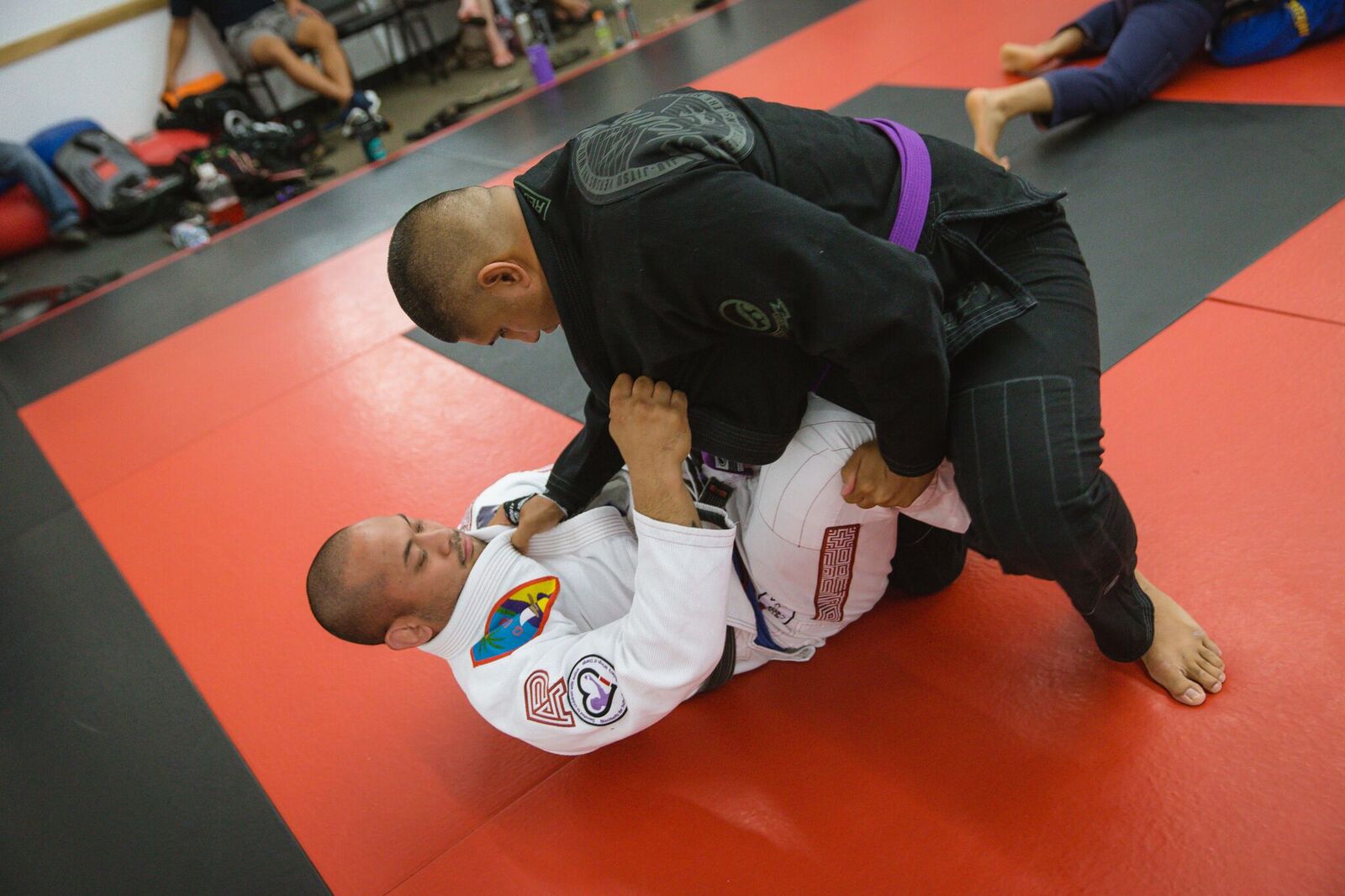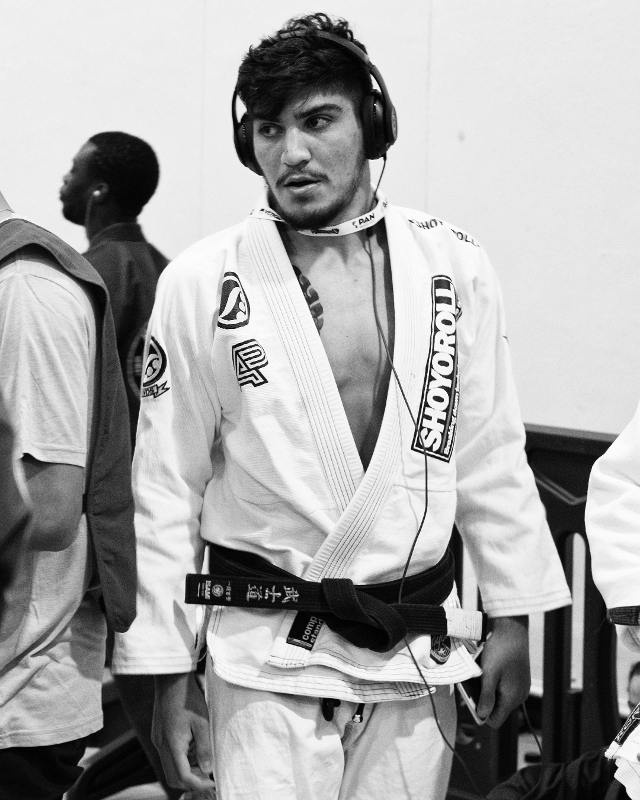One of the Most Important Things I learned from BJJ: Value
When we think of the things we’ve learned from Jiu-Jitsu, values come to mind -- respect, honor, loyalty, etc. But what about the word, “value,” itself? The meaning of the word value is simple: 1) the regard that something is held to deserve; the importance, worth, or usefulness of something; and 2) a person's principles or standards of behavior; one's judgment of what is important in life.
Although I have been training for over seven years, I have only began to reflect on the most important things that I value about jiu-jitsu:
I value my academy and the people that I train with. While there are some people that I vehemently do not enjoy training with (and often try to avoid at all costs), I value the things that I learn from training with them regardless of whether I want to or not. I value that my academy provides us with seminars so that we can learn from others, rather than confining information within our academy and/or association. I value the trust I have in my partners to keep it a safe (and fun) training environment. Most importantly, I value the “mat chats” at the end of each and EVERY class. Whether it is a short message, a long one, or something that has been repeated over and over, I value the things that I learn from those words every day that I step foot on the mat.
I value having a spouse that also trains (who outranks me and is obviously a lot better than I am). I value that I can share this journey, along with all the struggles, injuries, and accomplishments, with someone who FULLY understands what I am going through.
I value the BJJ community. While it is big, it is also small too. I value the time I was able to spend training abroad and the friendships that I have made globally because of it. I also value the people in the BJJ community who continue to come together to support each other in times of need. People who are willing to help complete strangers just because it’s the right thing to do.
And finally, I value not being promoted when I felt that I deserved to be and value what I learned from what seemed like a disappointment at the time. It has reinforced my humility more than ever before.
It is impossible to separate emotion from each and every one of our BJJ journeys. We have all experienced the highs and the lows, but the lessons that we learn from them and the things that we value because of them make the biggest impact on the way that we adapt, overcome, and persevere to become the 2% that actually make it to the black belt.
So, what do you value?

















































